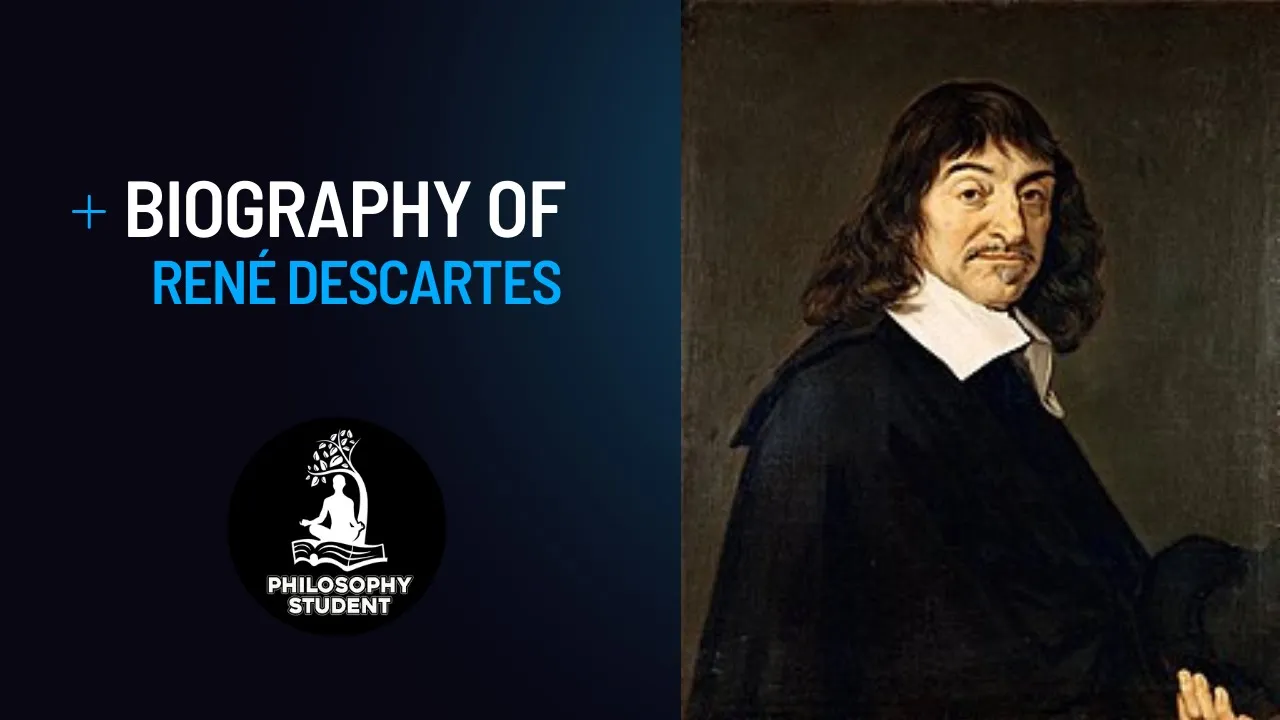René Descartes was known among his seventeenth-century contemporaries chiefly as a mathematician and only secondarily as a natural philosopher—who developed novel theories of physics and of biology—a philosopher of mind, and a metaphysician. Perhaps the most salient feature of his theory of mind is that it was aboard the body but not part of the body. It guided a person as a “pilot” guides a ship. This conceptualization proved extraordinarily influential and durable, establishing in Western philosophy and psychology the dualism of mind and body virtually as an axiom.
Descartes’ single most celebrated philosophical utterance, Je pense, donc je suis, even better known in its Latin translation, Cogito, ergo sum (“I think, therefore I am”), has been used as a sovereign retort to the radical doubt of Skepticism. The very act of thought is taken as proof of existence and therefore lays a solid foundation for the possibility of knowledge. Descartes explained more fully: “We cannot doubt of our existence while we doubt.” In effect, Descartes supplied a fundamental element of Western philosophy
Indeed, thinkers in every age found something in Descartes to use or to dispute. In the seventeenth century, his natural philosophy was the basis for an entire philosophy of science, and so, Descartes is regarded as one of the fathers of modern science. In the eighteenth century, his theories of physiology and psychology became his chief legacy. In the nineteenth century, his physiology was appreciated for its mechanistic bent, essentially envisioning both animal and human bodies as machines, governed by physical laws. Philosophers in the twentieth century saw in him a model philosopher, in that he managed to be culturally engaged. They did, however, increasingly question the absolute nature of his mind-body dualism. Indeed, through the centuries, Descartes served as something of an intellectual mirror, in which thinkers saw perhaps as much of themselves as they did of him. His spirit was alternatively a fresh intellectual breeze, liberating modern philosophy from slavish adherence to Aristotle, and an icy wind bringing a cold, reductive rationalism.
René Descartes was born on March 31, 1596, in La Haye, France, into a family of doctors and lawyers. His early education was at a Jesuit college in La Fléche, where he studied grammar, rhetoric, arithmetic, music, geometry, astronomy, metaphysics, natural philosophy, and ethics. Descartes is known to have disdained what he deemed as impractical subjects but did have a pronounced affinity for the mathematical curriculum.
He completed his schooling at La Fléche in 1614 and received a degree in civil and canon law from the University of Poitiers. In 1618, he volunteered to serve in the army of Maurice of Nassau and became acquainted with the Dutch philosopher Isaac Beeckman, who reawakened in Descartes his earlier interest in philosophy and mathematics. Under Beeckman’s guidance, Descartes began applying mathematics to music and to mechanics. In 1619, he left the service of Maurice and joined the army of Maximilian of Bavaria. While stationed at Ulm, he reported experiencing three dreams, which inspired him to formulate a new methodology of scientific inquiry. Beyond this, the dreams were also the start of a philosophy that sought to unify the sciences.
While struggling toward the methodology, Descartes made practical discoveries in optics, discovering the law of refraction in 1626. Three years later, he completed The World, which applied mechanistic physics to many natural phenomena. In 1637, he completed The Discourse on Method, by which he defeated skepticism and radical doubt precisely by beginning at the position of doubting everything and working toward proof and belief. Among other things, the Discourse is considered foundational to natural science.
Meditations on First Philosophy was published in 1641 and laid out Descartes’ metaphysics, which is founded on the existence of God and the immortality of the soul. To this day, Meditations is regarded as a kind of philosophical guidebook. Not only did Descartes begin with all “things that can be called into doubt,” he solicited from others objections to his positions and then defended those positions against them. The result was a set of meditations on the nature of mind, on the existence of God, of truth and falsity, on the essence of material things, and on the “real distinction between mind and body.”
A friendship and correspondence begun in 1643 with the brilliant Princess Elizabeth of Bohemia so influenced his next book, Principles of Philosophy, that he dedicated it to her. Elizabeth’s questions to him regarding free will, the passions, and morals inspired his 1649 The Passions of the Soul.
Descartes accepted in 1649 an invitation to join the entourage of Queen Christina’s court in Stockholm, Sweden. It proved a tragically brief residence, however, as he succumbed to pneumonia on February 11, 1650.




































